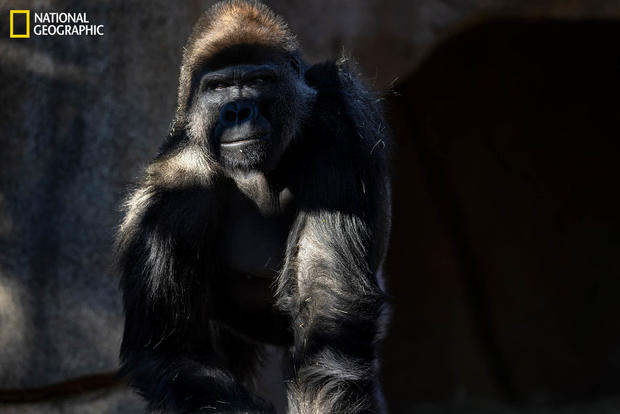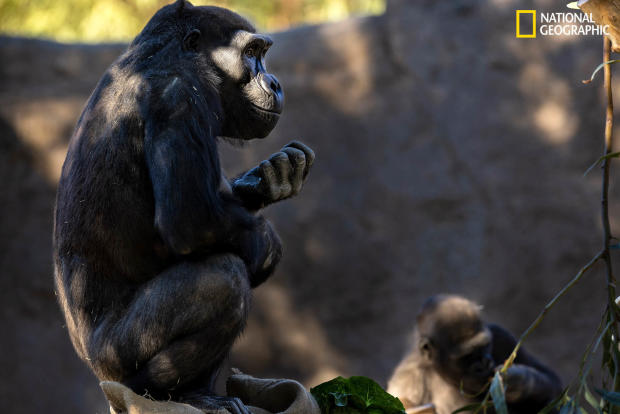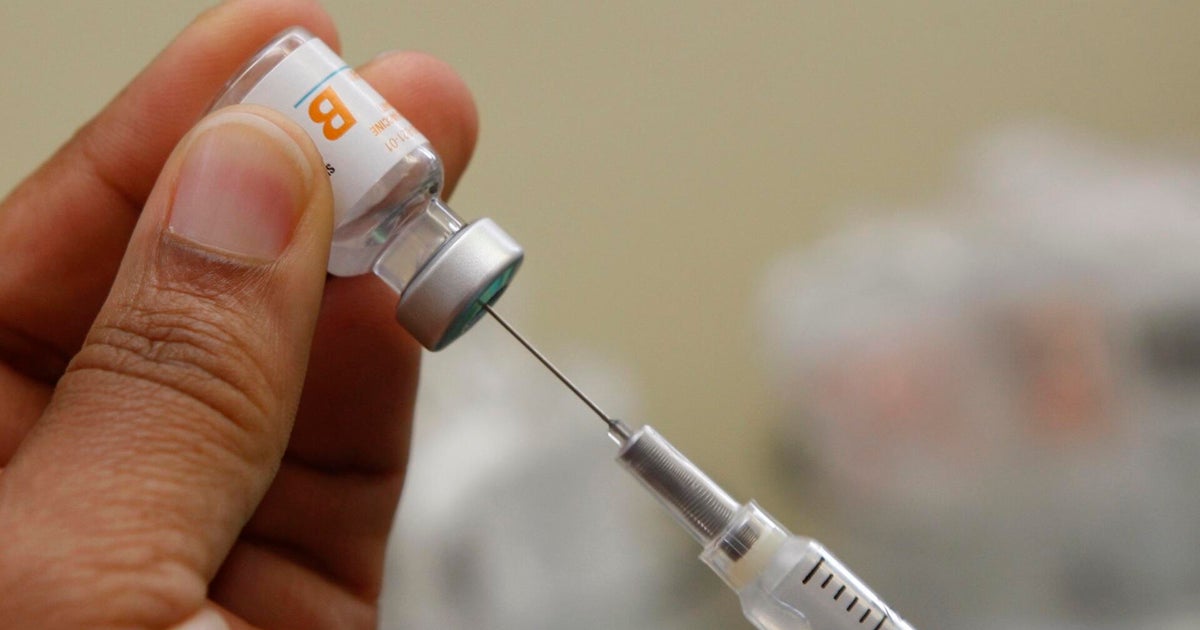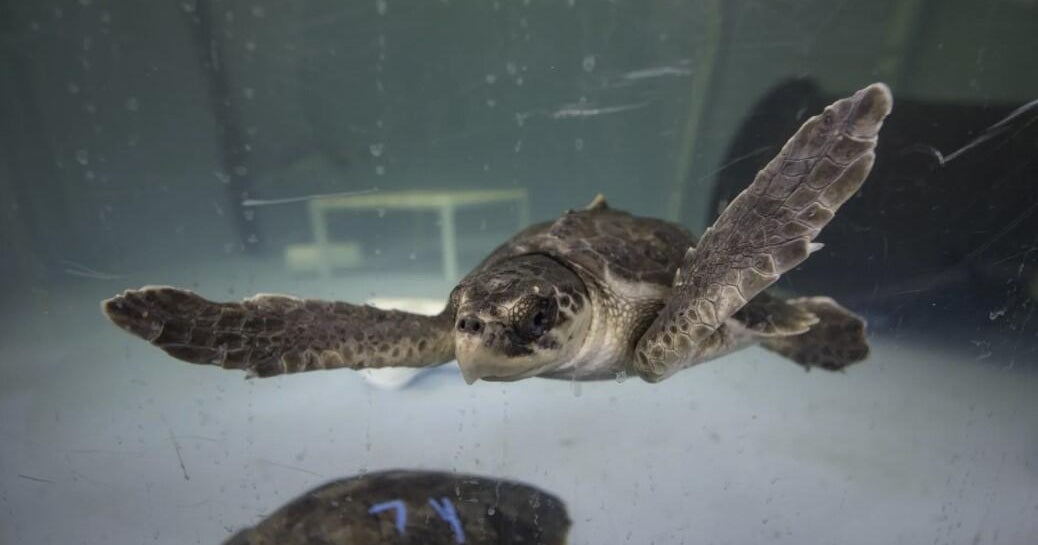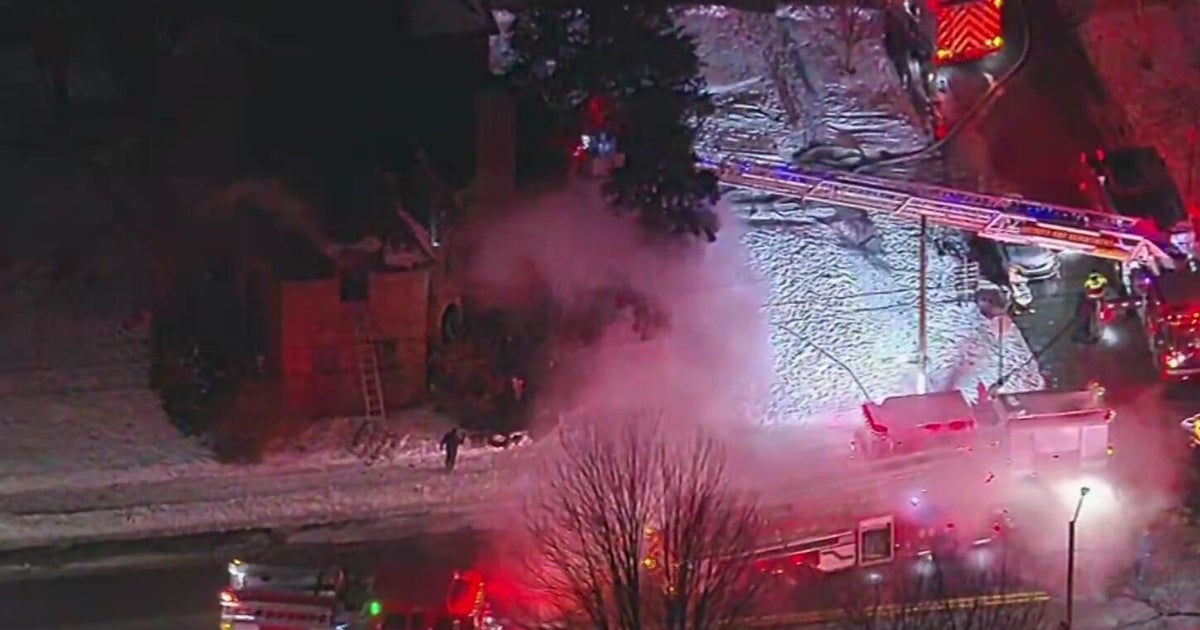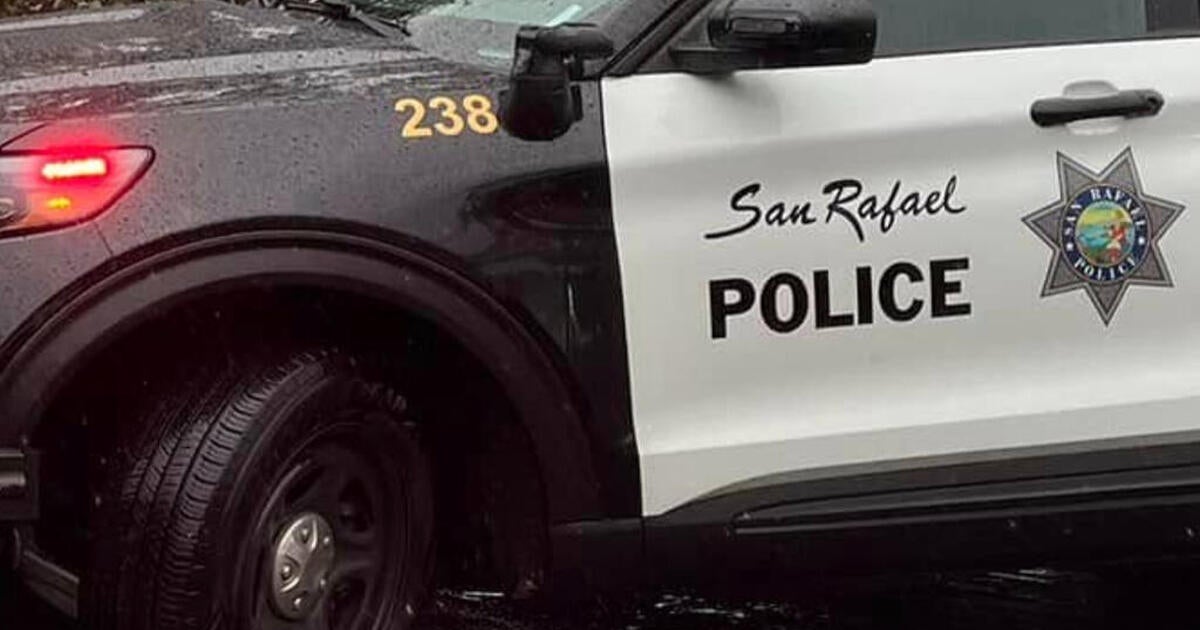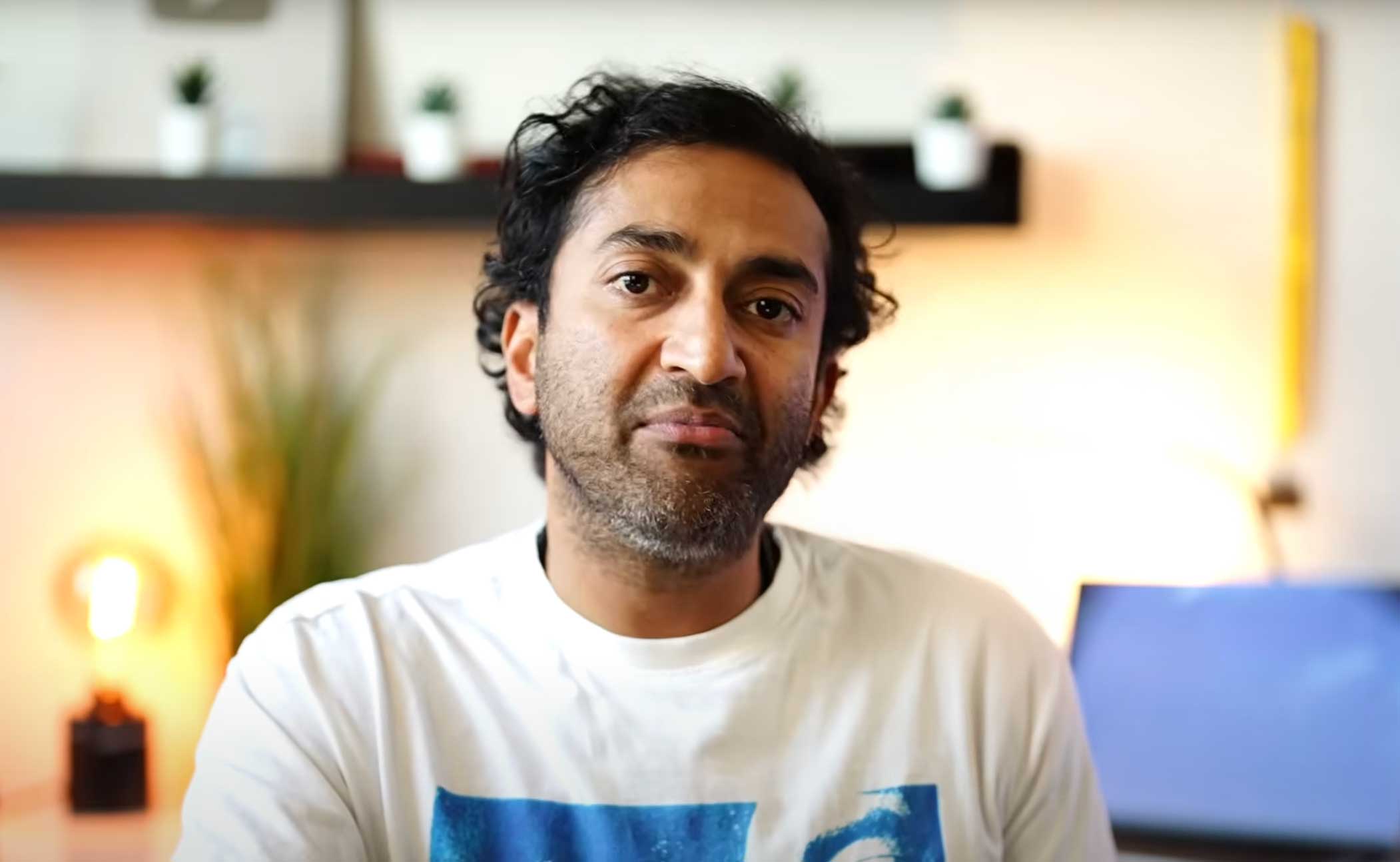Great apes at San Diego Zoo become first non-humans to receive COVID-19 vaccine
Several orangutans and bonobos at the San Diego Zoo have received an experimental COVID-19 vaccine developed specifically for animals.
Over the last two months, several great apes at the zoo "that are most at risk and can be easily vaccinated" received two doses each of the vaccine, which was developed by the veterinary pharmaceutical company Zoetis, about three weeks apart, a spokesperson for the zoo told CBS News.
They mark the first known non-human primates to get the shot.
"This isn't the norm. In my career, I haven't had access to an experimental vaccine this early in the process and haven't had such an overwhelming desire to want to use one," Nadine Lamberski, chief conservation and wildlife health officer at the San Diego Zoo Wildlife Alliance, told National Geographic.
In January, eight gorillas at the zoo became the first great apes in the world to test positive for coronavirus.
"The gorilla troop at the San Diego Zoo Safari Park are doing well and appear to be on their way to a full recovery," the zoo said.
Infections have also been confirmed in dogs, cats, mink, tigers, lions and several other animals around the world. However, great apes are a particular concern among conservationists.
All species of gorillas are listed as endangered or critically-endangered on the IUCN Red List, with "susceptibility to disease" as one of the main threats. Infections spread rapidly among the animals, which live in close familial groups.
COVID-19 has the potential to wipe out populations of gorillas, chimpanzees, orangutans and bonobos if humans don't take steps to prevent its spread, experts have warned.
Zoetis started development on a COVID-19 vaccine for dogs and cats after the first dog tested positive for the virus in Hong Kong over a year ago, a spokesperson told CBS News. It was deemed safe and effective eight months later — but testing had only been done in dogs and cats.
"Now more than ever before, we can all see the important connection between animal health and human health," the spokesperson said. "While thankfully a COVID vaccine is not needed for cats and dogs at this time, we have applied our early development work to help the Great Apes at the San Diego Zoo and in other species on an experimental basis for emergency uses."
The vaccinated animals are doing well and we have seen no adverse reactions from the vaccine, the zoo said. They are being closely monitored.
"It's not like we randomly grab a vaccine and give it to a novel species," she said. "A lot of thought and research goes into it—what's the risk of doing it and what's the risk of not doing it. Our motto is, above all, to do no harm."
Lamberski said that, because vaccines are made for a specific pathogen and not a specific species, it's common to give a vaccine meant for one species to another. Apes at the zoo get flu and measles vaccines developed for humans.
A spokesperson for Zoetis told National Geographic that other U.S. zoos have requested doses of the vaccine for their own great apes. The company expects more to be available in June.
Additionally, the company is currently conducting trials of the vaccine in mink — tens of thousands of which have due to of COVID-19.
